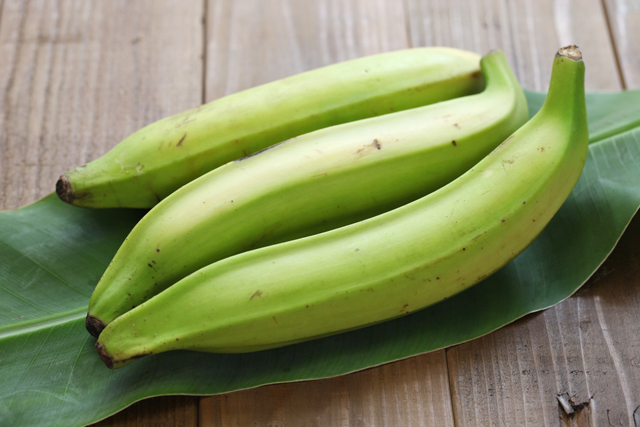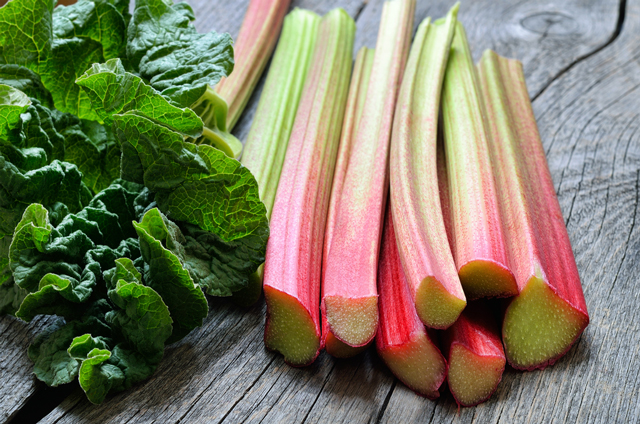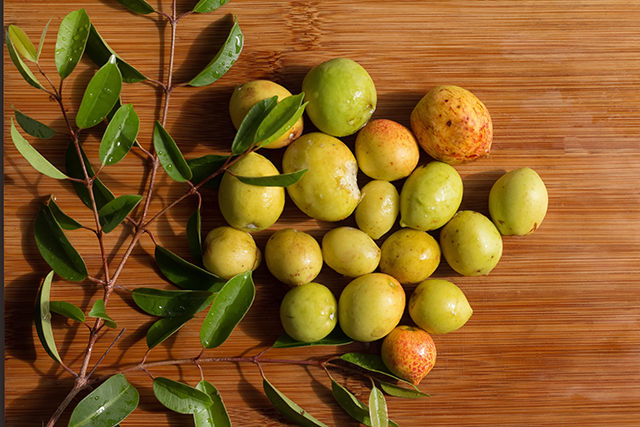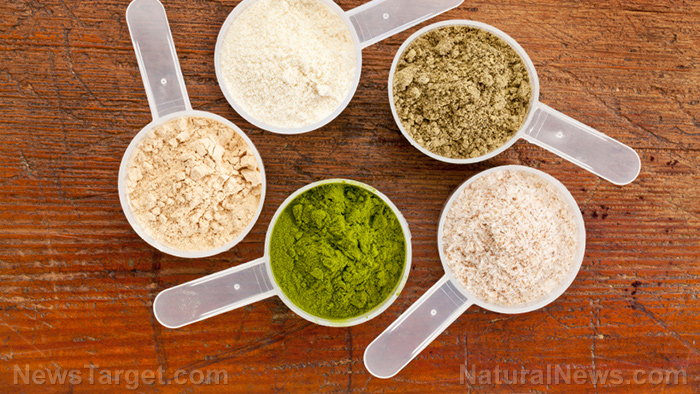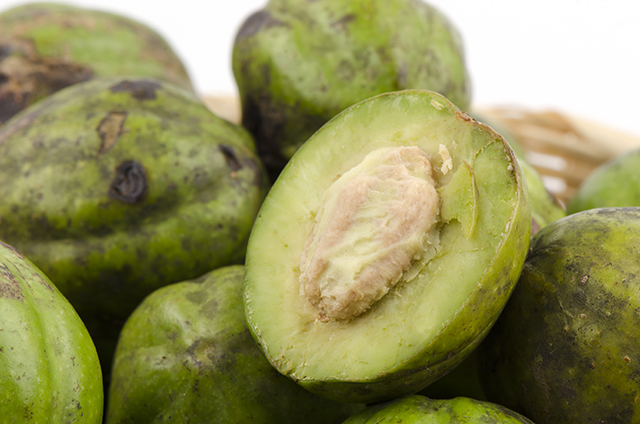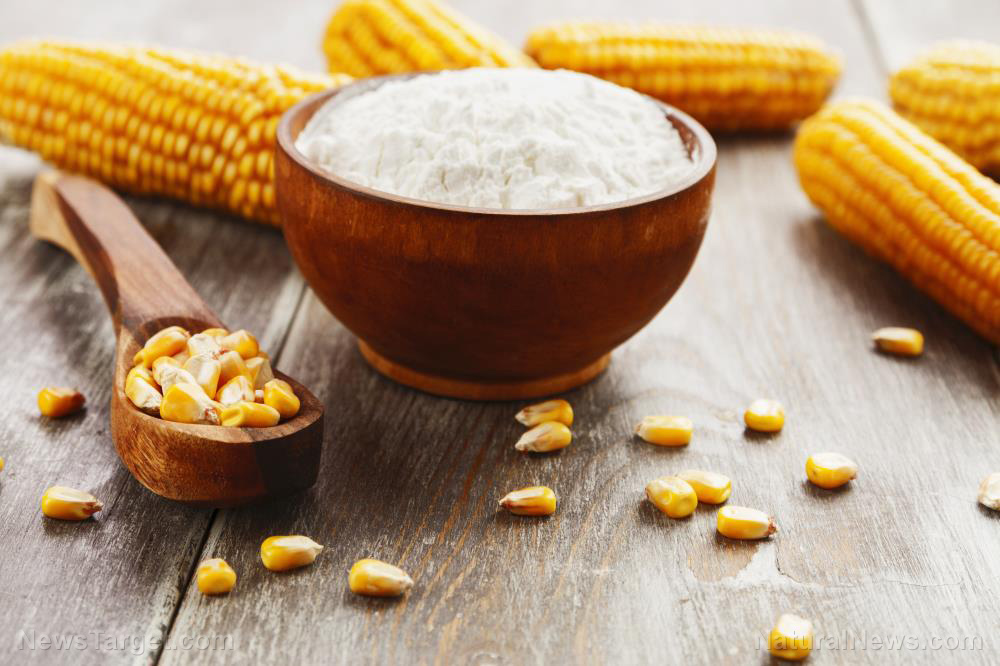A bad diet can give you a bad back: Researchers discover highly processed foods increase bone loss, risk of vertebral fractures
07/12/2018 / By Michelle Simmons
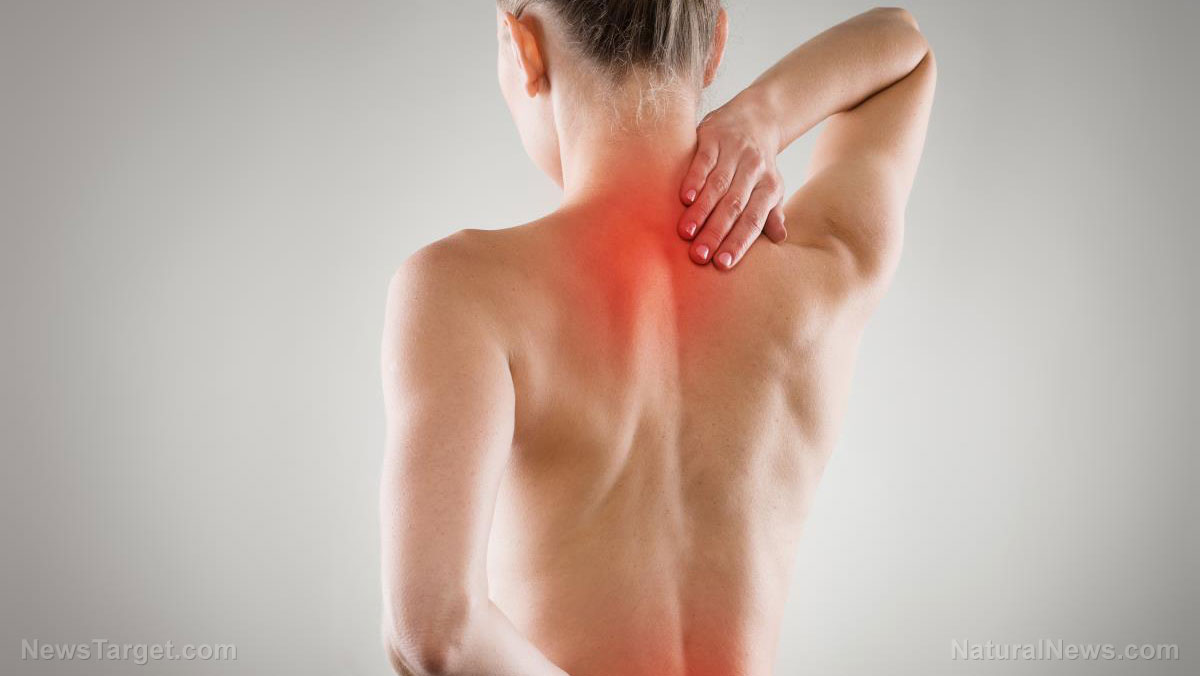
Ladies, be careful of what you eat. A new study found that a poor diet rich in highly processed foods increases bone loss and the risk of vertebral fractures.
“This is the first study to show that high-AGE [high-age glycation end products] diets can directly result in altered vertebral bone quality with inferior biomechanical properties, and with a stronger influence on females than males,” said James Iatridis, the study’s lead researcher.
A team of researchers from Icahn School of Medicine at Mount Sinai found a link between poor diet and back injuries. In conducting the study, the research team made a comparison on the effect of diet on male and female mice. The mice were divided into two age groups: young mice, which were at six months old at the beginning of the study, and old mice, which were 18 months old. They fed half of the mice with a diet rich in age glycation end-products (AGEs) or highly processed foods for 18 months, while the remaining half were fed with a diet that’s less in AGEs or highly processed foods.
The findings of the study, which were published in the Journal of Bone and Mineral Research, revealed that the mice fed with highly processed foods resulted in bone loss in the spine and increased risk of vertebral fractures. This effect was especially found in young female mice.
AGEs are compounds that are usually obtained from the Western diet, which is comprised of heat-processed, pasteurized, dried, smoked, and fried foods. These can build up in spinal tissues with age and can speed up the process of aging, which in turn result in chronic inflammation and tissue failure. (Related: Drinking cola causes bone mineral loss in women, researchers find.)
“This study could lead to future breakthroughs as we further investigate the biological and biomechanical causes for these findings,” explained Svenja Illien-Jünger, assistant professor of orthopedics at the Icahn School of Medicine. “In addition to improved diets, a better understanding of what could lead to back pain and spine disease can help clinicians and researchers develop novel treatments.”
Foods that keep the bones healthy
A well-balanced diet will help in building strong bones at a young age and keep them healthy through your entire life. The most important nutrient needed for making the bones strong is calcium. In addition, absorption of calcium by the body will be much easier with the help of vitamin D. The recommended daily calcium intake for adults is 700 milligrams (mg). You can get your daily calcium needs from these sources: milk, cheese, and other dairy foods; green leafy vegetables, such as broccoli, cabbage, and okra, soy beans, tofu, soy drinks with added calcium, nuts, bread and anything made with fortified flour; and fish where bones can be eaten, such as sardines and pilchards.
While there are a lot of good sources of calcium, vitamin D, on the other hand, can mostly be obtained from the sun on our skin. Some sources of vitamin D include oily fish, such as salmon, sardines, and mackerel, eggs, fortified fat spreads, fortified breakfast cereals, and several powdered milk. Some people take vitamin D supplements to meet their daily vitamin D needs.
If you’d like to read more news stories and studies about healthy and unhealthy diets, visit Detox.news.
Sources include:
Tagged Under: back injuries, bone fractures, bone health, bone loss, nutrition, spinal cord, spine, spine health, spine injury, vertebrae, western diet

